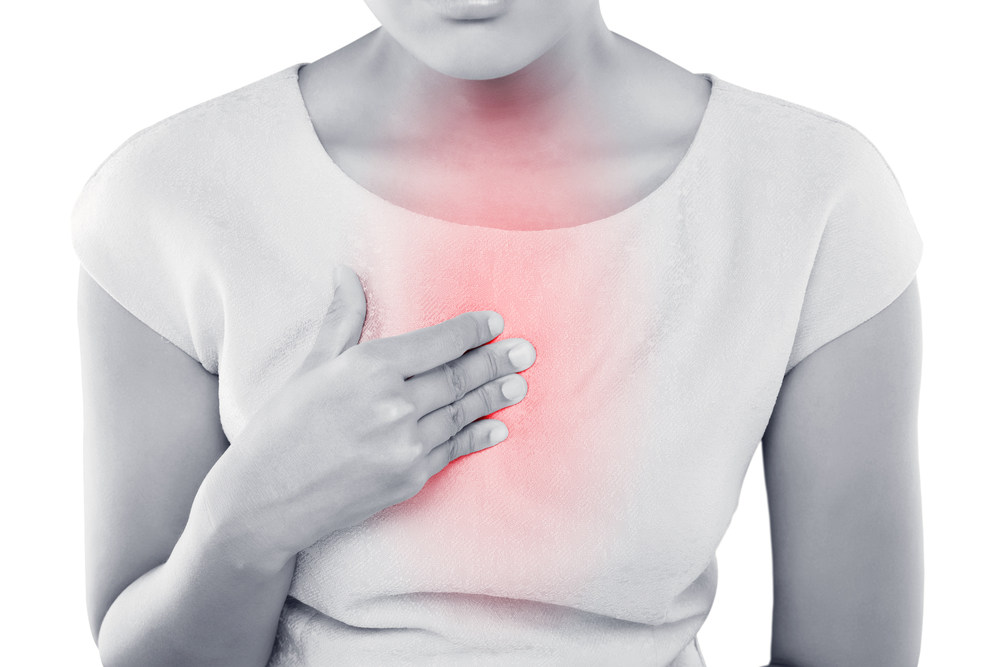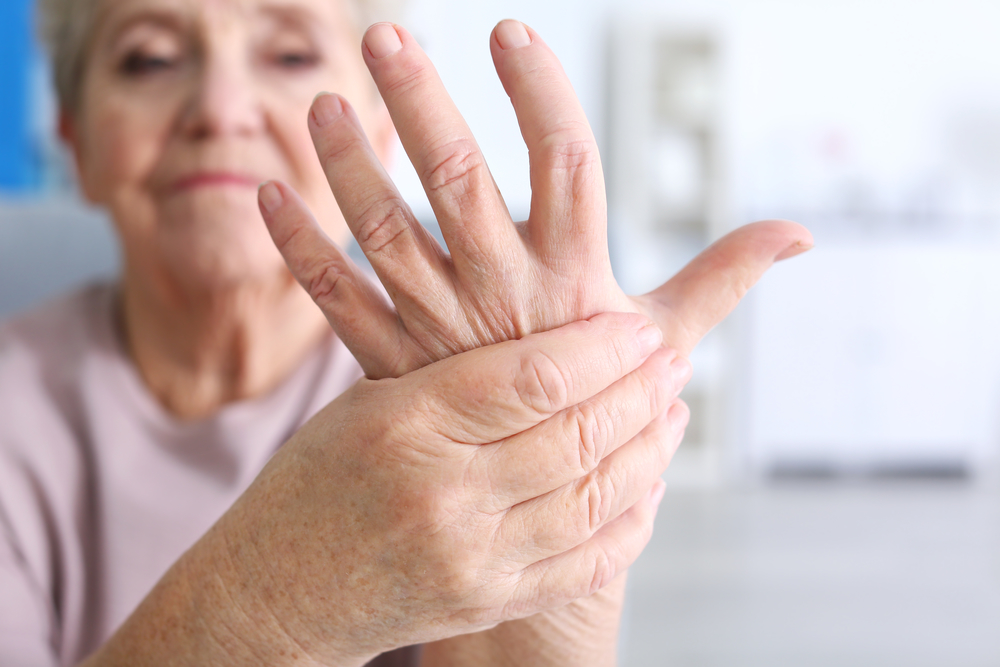Our Blog
Why Are GERD Symptoms Worse At Night?

Have you ever gone to bed at night and felt a burning in your chest and throat? Or maybe you’ve laid down and felt like there is a thump in your throat. These are common symptoms of Gastroesophageal Reflux Disease (GERD) and symptoms often become worse at night.
What Is GERD?
Gastroesophageal reflux disease develops overtime when you experience chronic reflux. Acid flows from the stomach back up the esophagus causing intense inflammation. Most people report feeling a burning in their chest and throat, difficulty swallowing, and stomach upset.
In patients with GERD their connective tissue that acts as a seal over their stomach weakens over time. The longer a person has untreated reflux the more likely they are to further damage this tissue.
What Are GERD Symptoms?
Most people have experienced acid indigestion from time to time. For people suffering with GERD it is rare that they eat or drink something that does not set off their symptoms. Symptoms develop to include even more than indigestion. These are symptoms that many people deal with on a day-to-day basis:
- Trouble swallowing
- Chest pain
- Pain in throat
- Chronic cough
- Laryngitis
- Asthma
- Trouble sleeping
- Nausea
- Smelly breath
- Trouble breathing
- Tooth decay
Not all people with GERD have every one of these symptoms. Their symptoms vary and differ in stages of severity. Gastroesophageal reflux disease is not something to keep quiet about. Over time the acid can destroy the connective tissue that is so vital to proper digestion. If you experience any of the above symptoms it’s important to get evaluated by your doctor.
Are There People Who Are More At Risk For Developing GERD?
People at any age can develop GERD. Even young infants are mistaken for having colic when they really had undiagnosed GERD. There are some people who have physical and biological dispositions which increase their risks of developing this disease. People who take prescription medication that are commonly known to cause digestive inflammation are at increased risk.
Individuals who are considered overweight or obese have a greater chance as well. Pregnant women also may develop GERD during their pregnancy. Symptoms usually resolve a few weeks after delivery. People who smoke or are around smoke also have a higher chance of having GERD sometime in their life.
Why Are GERD Symptoms Worse At Night?
Most illnesses seem to flare up more at night. You notice more things about your body when you are still and no longer moving around. Physiological things may be happening as well which can cause GERD symptoms to worsen at night.
Gravity
When you lay down you are usually laying somewhat flat. This flat positioning can cause the acid to flow up into the esophagus easier causing symptoms to feel worse when lying down. Gravity is helping you keep the acid down.
More Stomach Acid
Depending on how long ago you ate your stomach acid may also be higher. It is usually recommended to eat 2-4 hours before going to bed. If you suffer from severe reflux it may help to finish eating long before bedtime. This will allow the majority of digestion to complete before you go to lay down.
Lack Of Water
During the night you are not drinking water to help dilute your stomach acid. Most people also do not swallow while we sleep. When you swallow you carry the acid back into your stomach. Your saliva is very important as it neutralizes the acid in the esophagus.
Acid indigestion is one of the most uncomfortable sensations to have. Leaving these symptoms left untreated may result in extensive damage to your esophagus. To avoid having to get surgery to repair the chronically inflamed tissue you may first try to change your dietary habits. Eating a diet in whole food and avoiding alcohol and sugar may help to significantly reduce symptoms.
If you are experiencing inflammation in this area of the body there is a very good chance you could have inflammation in other areas. Talking to your doctor and getting an evaluation if you have not already is highly recommended. They can assess your level of severity and suggest ways to improve your condition before too much damage is done. Contact us today if you have any questions.




